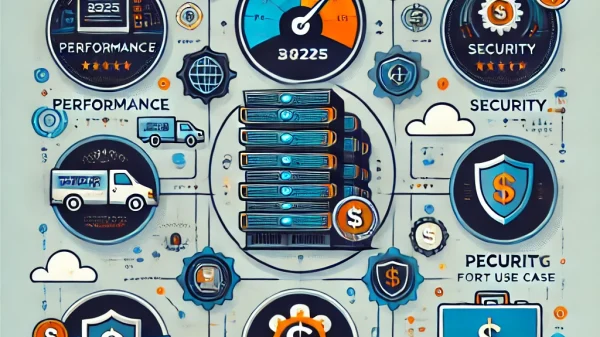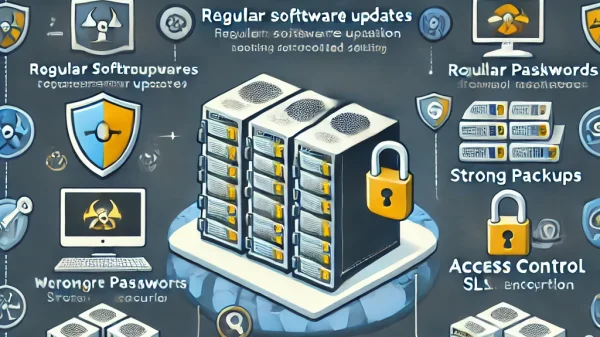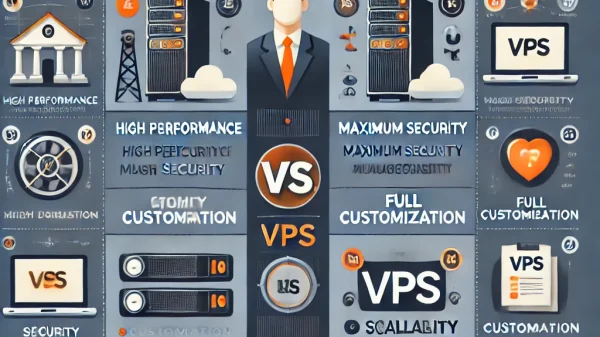Introduction
In today’s digital landscape, securing online communications is more critical than ever. SSL (Secure Sockets Layer) security has become a standard for protecting sensitive information online. Whether you own a website, run an e-commerce store, or manage online transactions, having SSL security is a necessity. This article will explain SSL, its importance, and why every website should implement it in 2025.
| Feature | Description |
|---|---|
| Data Encryption | Encrypts sensitive information, preventing unauthorized access. |
| Website Authentication | Verifies the legitimacy of a website, increasing user trust. |
| SEO Boost | Google favors HTTPS websites, improving search engine rankings. |
| Regulatory Compliance | Meets legal security standards such as GDPR and PCI-DSS. |
| Types of SSL Certificates | DV (Basic), OV (Business), EV (Highest Trust), Wildcard (Subdomains), Multi-Domain (Multiple Sites). |
| Implementation | Purchase from a CA, install on the server, update links, and set up HTTPS redirection. |
What Is SSL?
SSL (Secure Sockets Layer) is a cryptographic protocol that ensures secure communication between a web server and a browser. It encrypts the data exchanged between users and websites, preventing hackers from intercepting sensitive information such as passwords, credit card details, and personal information. Websites that use SSL display “HTTPS” instead of “HTTP” in the URL, along with a padlock icon indicating a secure connection.
Why SSL Security Matters
1. Data Encryption
The primary function of SSL is to encrypt the data transferred between users and websites. Encryption ensures that any information shared on a website is unreadable to unauthorized parties, reducing the risk of cyberattacks.
2. Authentication and Trust
SSL certificates verify a website’s authenticity. When visitors see the padlock symbol in the browser, they feel more confident in sharing personal details, making purchases, or submitting forms. It helps build trust and credibility, which is crucial for online businesses.
3. Protection Against Cyber Threats
Cyber threats such as phishing attacks, man-in-the-middle attacks, and data breaches are common concerns. SSL security helps mitigate these risks by ensuring that the data remains encrypted and secure from hackers.
4. SEO Benefits
Google prioritizes secure websites with HTTPS in search rankings. Websites with SSL certificates rank higher in search results compared to non-secure ones. If you want better SEO performance in 2025, having SSL security is a must.
5. Regulatory Compliance
Many regulations and data protection laws require websites to use encryption to protect user information. Compliance with GDPR, PCI-DSS, and other industry standards is easier when SSL security is in place.
Types of SSL Certificates
- Domain Validated (DV) SSL: Basic level SSL that validates domain ownership. Ideal for blogs and small websites.
- Organization Validated (OV) SSL: Requires additional verification of business details, offering higher trust. Suitable for business websites.
- Extended Validation (EV) SSL: The highest level of security with strict verification processes. Recommended for e-commerce sites and financial institutions.
- Wildcard SSL: Protects a domain and all its subdomains under one certificate.
- Multi-Domain SSL: Secures multiple domains with a single certificate, ideal for businesses managing multiple sites.
How to Implement SSL on Your Website
- Purchase an SSL Certificate: Get an SSL certificate from a trusted Certificate Authority (CA) like Let’s Encrypt, DigiCert, or GoDaddy.
- Install the Certificate: Install the SSL certificate on your web server. Most hosting providers offer automatic SSL installation.
- Update Website Links: Change all HTTP links to HTTPS to prevent mixed content issues.
- Set Up Redirects: Use 301 redirects to automatically send visitors from HTTP to HTTPS.
- Test SSL Configuration: Use tools like SSL Labs to verify proper installation and security levels.
Conclusion
SSL security is essential for protecting websites and user data in 2025. It enhances security, builds trust, improves SEO rankings, and ensures compliance with data protection regulations. If you haven’t implemented SSL on your website yet, now is the time to do so to stay secure and competitive in the digital world.














